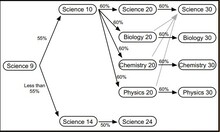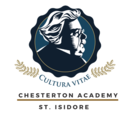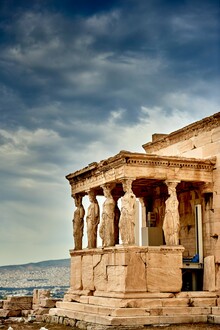CSN Science 10/20/30
(5 Credits)
Science 10, 20, and 30 are general science courses intended for students who want to study science without specialization. They combine the study of Biology, Chemistry, and Physics into one course. All students must take Science 10; from here they can continue on in Science 20 and 30, or specialize into Biology, Chemistry, and/or Physics. These courses are recommended for students who plan on attending university, college, and select technical school programs. Students should earn a 55% in Science 9 and a 60% in high school prerequisite courses to continue in this course sequence (see chart below). All 30-level courses in this academic course stream have a Provincial Diploma worth 30% of the final grade.
Science 14/24
(5 Credits)
Science 14 and 24 concentrate on hands-on and practical science concepts. These courses are geared for students who do not plan on attending university, but will be entering trade schools and select college programs, and for students entering the work force directly from high school. This route satisfies the requirements for a high school diploma but does not have a Provincial Diploma Exam at the conclusion of the program.
CSN Biology 20/30
(5 Credits)
Biology is a natural science that delves into the intricate study of life and living organisms. From the smallest cells to vast ecosystems, students explore the structure, function, growth, and diversity of life, uncovering the beauty of God's creation in every detail. Through the lens of faith, we see how science and religion coexist, deepening our appreciation for the complexity and harmony of life as part of God's divine plan.
In Biology 20 and Biology 30, students engage with topics such as ecosystems and populations, human systems, cellular processes, reproduction and development, genetics, and the nervous and endocrine systems. These studies not only fulfill academic requirements but also encourage students to reflect on the sanctity of life and our responsibility as stewards of God's creation.
These courses are foundational for students seeking to pursue further education in fields such as general sciences, dental assisting, kinesiology, nursing, physiotherapy, medicine, and radiation technology. Grounded in faith, students are prepared to bring both scientific knowledge and Christian compassion to their future vocations, serving others with skill and integrity in health care and the sciences.
CSN Physics 20/30
(5 Credits)
Physics is the study of matter, energy, and their interactions, offering us a deeper understanding of the natural laws that govern creation. Through the study of physics, students not only investigate how things work but also marvel at the order and precision with which God has designed the universe. As G.K. Chesterton once wrote, "The world will never starve for want of wonders, but only for want of wonder." Physics encourages us to maintain that sense of wonder as we explore the intricacies of God's creation.
Physics 20 and Physics 30 are ideal for students with a strong mathematical background and a desire to explore the principles that underlie the physical world. These courses encourage critical thinking, problem-solving, and a spirit of inquiry, which reflect the harmony between faith and reason.
For those pursuing post-secondary education in fields such as power engineering, ultrasound and x-ray technology, engineering, and medicine, Physics 20 and 30 lay a solid foundation. As students apply their knowledge of physics in future careers, they are called to use their talents to serve others, recognizing the presence of God in both the complexities of science and the care they bring to their work.
CSN Chemistry 20/30
(5 Credits)
Chemistry provides a structured approach to understanding the nature of matter, relying on observation and evidence through laboratory discovery and coursework. It allows us to explore the elements that make up our world, revealing the intricate design of creation. As we study the science of fizz, pop, flame, and BOOM, we see how God's wisdom is reflected in the smallest particles of matter and the vast laws that govern their interactions.
In Chemistry 20 and Chemistry 30, students dive into topics such as bonding, gases, solutions, acids and bases, titration, thermodynamics, electrochemistry, equilibrium, and organic chemistry. These studies not only ignite curiosity but also inspire a deeper appreciation for the Creator's craftsmanship in the world around us.
Chemistry 20 and 30 are ideal for students who plan to pursue science-based fields such as animal studies, IT and electronics, engineering, nursing, the sciences, and various trades. As students engage with the principles of chemistry, they are called to use their knowledge to serve humanity and safeguard the world God has entrusted to us, applying their skills to improve the lives of others.

Science Options!
Forensic Science 25
(3 Credits)
Pre-requisite: Science 10, 14, or 24
This course explores topics such as: Types of crime scene evidence, fingerprint, trace evidence, and bodily fluid analysis, DNA evidence in investigating and prosecuting crimes, document analysis in investigating and prosecuting crimes, polygraph testing, impaired driving and blood alcohol testing.
Forensic Science 35
(3 or 5 Credits)
Prerequisite: Forensic Science 25
Forensic Science 35 explores topics such as: The investigative process, law enforcement equipment and police canines, criminal profiling, forensic anthropology, and forensic entomology, forensic toxicology, arson, explosives, and ballistics, footwear, tire, and tool mark impressions.





